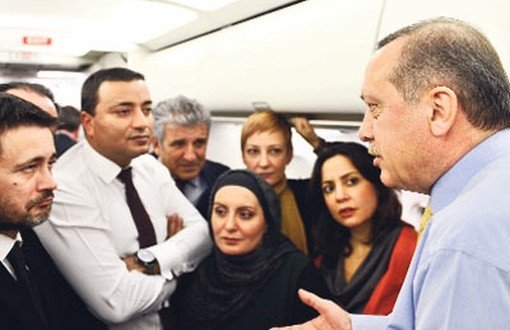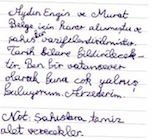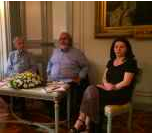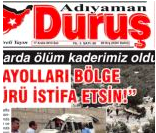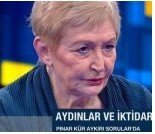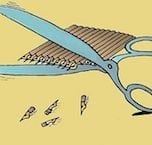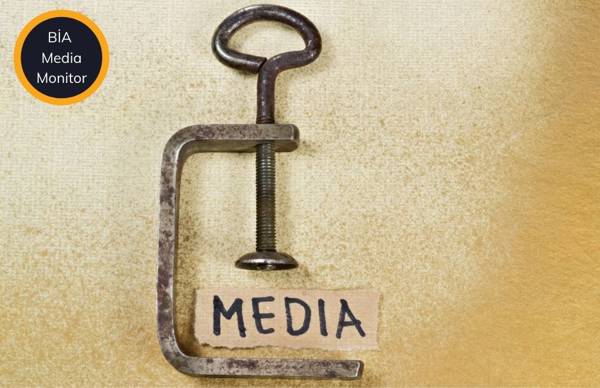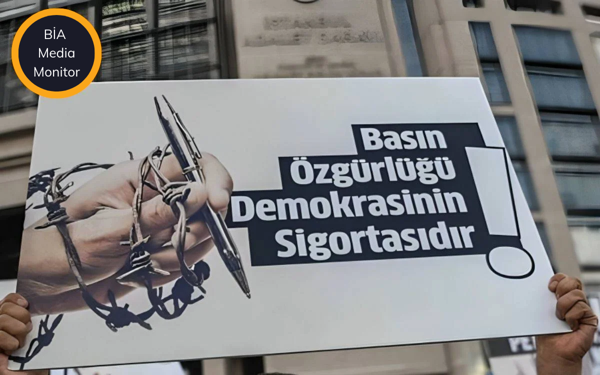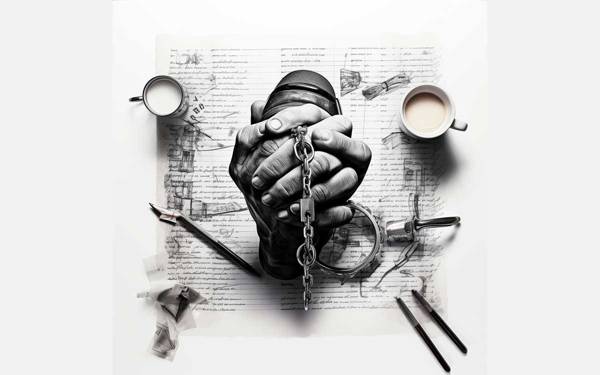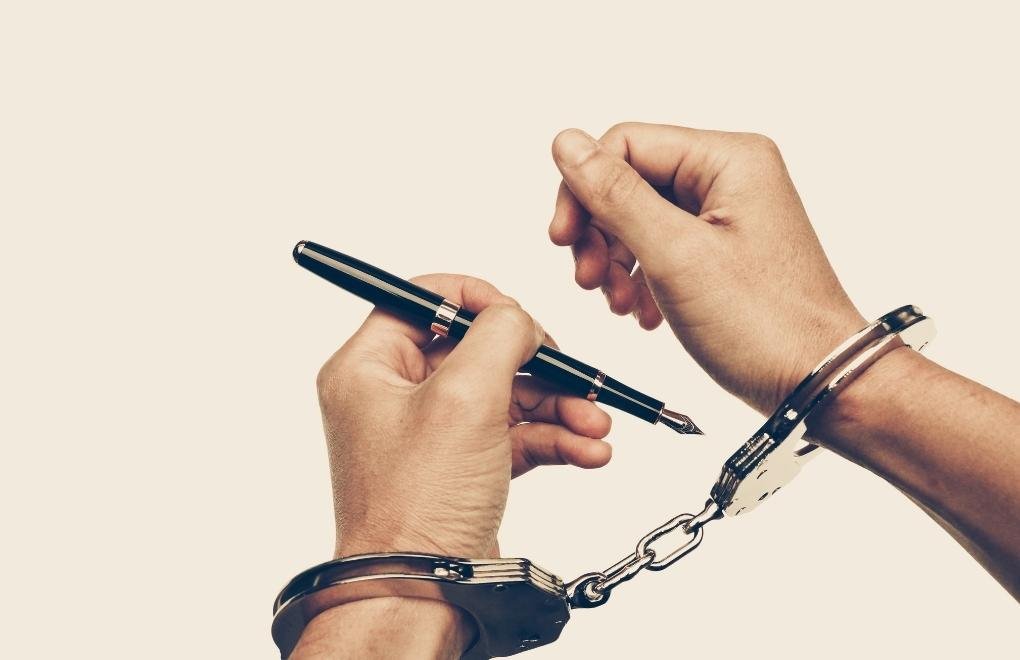The tense period when the Prime Minister and his associates are accused with tape recordings prior to local elections of 30 March, is also when claims regarding Prime Minister and his officers interfering editorial rights were brought to the public agenda.
BİA January-February-March 2014 Medya Monitoring Report reveals that how press and freedom of expression suffered in an envirinment where reconciliation culture is disappearing, a state-crisis was present, and the state of law did not function.
As a positive statement, 24 journalists were released as a result of the removal of Special High Criminal Courts according to Article 10 of Turkish Penal Code Law No 6256 since January 1. However, the regulation didn’t end the 7,5 years of conviction of radio programmer Füsun Erdoğan.
After the Gezi protests, media organs close to Gülen Group also became the center of pressure following the political clash with the government. The clash not only spreaded to the opposite media groups;but also reflected to the law: Today’s Zaman correspondent Mahir Zeynalov was deported.
10 months of impunity for Gezi
The complaints of journalists Ahmet Şık, Onur Erem ve Ender Ergün for their injuries during the Gezi Resistance has been dismissed in nolle prosequi after six months. The impunity continued for the enforcers who injured 153 journalists and detained 39.
Lawsuits have been launched against SoL newspaper manager Hafize Kazcı, investigations against Cem TV broadcast director Pınar Işık Ardor; ETHA Agency correspondent İsmail Ergün and the documentary “Beginning” regarding Gezi protests. Mehmet Ali Alabora has been convicted for his “Gezi” tweets; A child who wrote “Government must resign” and “Death to fascism” in Çanakkale province during Gezi protests was sentenced and then released. Prime Minister remained as the sole victim of the case where 29 people were convicted for communicating over Twitter during the Gezi protests.
Convictions
As Anti-Terror lawsuits continued, Zaman newspaper writer Mümtazer Türköne has been convicted to a year of prison by the Law of Protecting Atatürk for criticizing a Atatürkist ideology. Journalist Hacı Boğatekin has been convicted to a fine of 7,300 Turkish liras, instead of prison for “exposure of private life”.
40 “Ekşi Sözlük” writers, are pending trial for “degrading religious values” up to 1,5 years. İbrahim Yıldız and Aykut Küçükkaya from Cumhuriyet newspaper are pending trial for mentioning fully about Berkin Elvan as he was gravely injured in Gezi with a tear gas capsule.
Highlights from Media Monitoring
Topics from BIA Media Monitoring Report included "jailed journalists", "attacks, threats and impediments", "prosecutions, new-ongoing trials, verdicts", "Turkish Penal Code Articles 285-288”, "defamation, personal rights and non-pecuniary damage demands", "banned, closed, seized publications", "ECHR", "Turkish Radio and Television High Council" and “Gezi Resistance”.
Jailed Journalists: Majority from Kurdish media
Prosecutions and arrest terms on Turkey’s journalists due to Turkish Penal Code and Anti-Terror Act resumed for 3 months. Some of the charges on journalists and publishers / media representatives included: “Being a member of an illegal and armed organization”, “Committing a crime for an illegal organization without being a member”, “Aiding an illegal organization willingly and knowingly without being a part of its hierarchy” and “founding, managing and commanding an illegal organization”.
35 journalists and 15 publishers welcomed the month of April 2014 behind bars. 22 of journalists and 15 of publishers are from Kurdish media; they have been sent to prison for charges related to Turkey’s Anti-Terror Act and Turkish Penal Code article on “illegal organizations”.
Around the same period last year, 69 journalists and 30 publishers have been in prison. All of journalists and publishers have been sent to prison for charges related to Turkey’s Anti-Terror Act and Turkish Penal Code article on “illegal organizations”. 44 of jailed journalists, 29 of publishers/media workers were from Kurdish media.
35 jailed, 12 detained
Turkey’s 35 jailed journalists have been standing trial for the following cases: KCK, PKK and DYG (22), DHKP-C (4), IBDA-C (1), Direniş Hareket (1) and unknown organization case (1). While 1 journalist have been jailed due to sentences related to Gezi Resistance protests, another journalist is behind bars for “espionage”.
17 of 35 journalists are convicted, 17 pending trial; 1 awaiting first trial day due to incomplete indictment.
As journalists are assaulted by the police watching Berkin Elvan protests, Zaman and Taraf newspapers workers were added to the detainees alongside Kurdish and left-wing media. 12 journalists are detained in this period.
Attacks, threats and impediments
In the period of January-March 2013, 34 journalists, a newspaper, a news agency and a website faced at least 40 attacks, threats, impediments through verbal, physical, social media means. At least 6 journalists faced verbal assault. Three newspapers and three journalists were faced threats.
Around the same period in 2013, the number of impediments and threats through actual, verbal, social media means was 34.
“Defamation”
Between January and March 2014, 20 defendants (including 1 newspaper) received a total of 31 years of prison and 41,000 liras.
In addition to that, 19 defendants received a total 31 years of prison and 27,000 liras for insulting PM Erdogan. Republican People’s Party (CHP) leader Kemal Kılıçdaroğlu was sued for 300,000 liras claiming that he insulted PM Erdogan, 10 citizens (including 1 journalist) were sued for the same claim.
Kurdish politician cases
Between January and March 2014, various prosecutors across Turkey have launched 37 investigations on Kurdish politicians (of Peace and Democracy Party or non-affiliated).
PM Erdogan is the “victim”, everyone else is defendants
In Eskişehir province, 17 defendants received a total of 31 years because of their slogan “IMF’s and bosses’ servant Tayyip Erdoğan”. In Edremit, 8 citizens were sued according to the Law No.2911 for allegedly shouting “Collaborator Bulb Tayyip”.
People’s Democratic Party (HDP)’s Beyoğlu District President Levent Pişkin was sued because of his tweet, writer Erol Özkoray was sued because he created a book out of “Gezi” slogans and “Cumhuriyet” newspaper writer Orhan Bursalı was sued for insulting PM Erdogan.
Writer İhsan Eliaçık was ordered to pay 2,000 liras for insulting PM Erdogan in his Gezi tweets. Yurt newspaper reporter Ahmet Çınar acquitted fort he same charges. Perihan Mağden was ordered to pay 2,000 liras for insulting PM Erdogan but the Supreme Court of Appeals overthrew the judgment. CHP Tunceli deputy Hüseyin Aygün was ordered to pay 25,000 liras for insulting PM Erdoğan. PM Erdogan filed complaints against Today’s Zaman Editorial Director Bülent Keneş and Zaman newspaper writer Mehmet Kamış. He also sued CHP leader Kemal Kılıçdaroğlu for 200,000 liras on damages for pain and suffering.
Between January and March 2013, 5 defendants (including 3 journalists) were convicted of 90 days of prison and 44,100 liras for “defamation” and “assault on personal rights”. 3 defendants and 1 newspaper were ordered to pay 33,500 liras and 2 defendants were issued warning penalties for insulting PM Erdoğan and assaulting his personal rights.
Bans, seized publications
Telecommunication Communication Authorities (TİB) banned Twitter on March 21 and Youtube on March 27. These censures drew reaction not only in Turkey, but also in United States and Europe. Union of Turkish Bar Associations and various academicians applied to the jurisdiction and the Constitutional Court on the internet censorship.
Between January and March 2014, websites including Vimeo, Soundcloud, Vagus.tv, yenidönem.com, Samsunanaliz.com were censored. Other censorships included BDP and HDP Facebook pages, Lars von Trier’s “Nymphomaniac” movie .There were media bans on truck case and Corruption Probe broadcasting.
T24, sendika.org, haber.sol.org.tr, gercekgündem.com, Cumhuriyet.com.tr websites were threatened for closure if they don’t remove given content. As a discriminative application, accreditation bans continued. Posters of “Che” and Abdullah Öcalan were banned.
Between January and March 2013, 32 books were prevented from prisoners and book limitation started in prison, 1 TV Show was cancelled, one sculpture and one movie was censored. Democratic Free Women Movement’s and Labor Youth’s posters were banned. Journalists, books and poems were censored. Teachers were investigated because of some books they read in class.
ECHR
Between January and March 2013, the European Court of Human Rights (ECHR) ruled that Turkey must pay a total of 21,553 euros (64,000 Turkish Liras) for violating Article 10, which pertains to 'freedom of expression’ on unfair trials of 2 journalists and one broadcasting corporation.
Around the same period in 2013, ECHR ruled that Turkey must pay a total of 73,500 euros (170,770 Turkish Liras) to 5 politicians and 9 newspapers-magazines.
RTÜK
Between January and March 2014, the Radio and Television Higher Board handed 25 warnings, 53 monetary fines to TV networks; and 6 warnings and 1 monetary fine on radios.
Around the same period in 2013, The Radio and Television Higher Board handed out 97 warnings and 337 monetary fines to television channels; and 15 warnings and 13 monetary fines on radios.
Supreme Election Board (YSK) made 34 decisions and published them on their website between January 11th and February 15th, accordingly YSK handed 31 penalties and 17 warnings to TV Networks for violating broadcasting principles during the March local elections. (EÖ/BAR/ENÜ/BM)
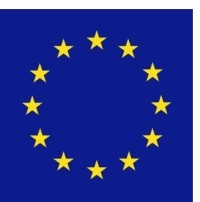
This publication has been produced with the assistance of the European Union. The contents of this publication are the sole responsibility of Osservatorio Balcani e Caucaso and its partners and can in no way be taken to reflect the views of the European Union. The project's page: Safety Net for European Journalists. A Transnational Support Network for Media Freedom in Italy and South-east Europe.
* Click here to read the article in Turkish.





